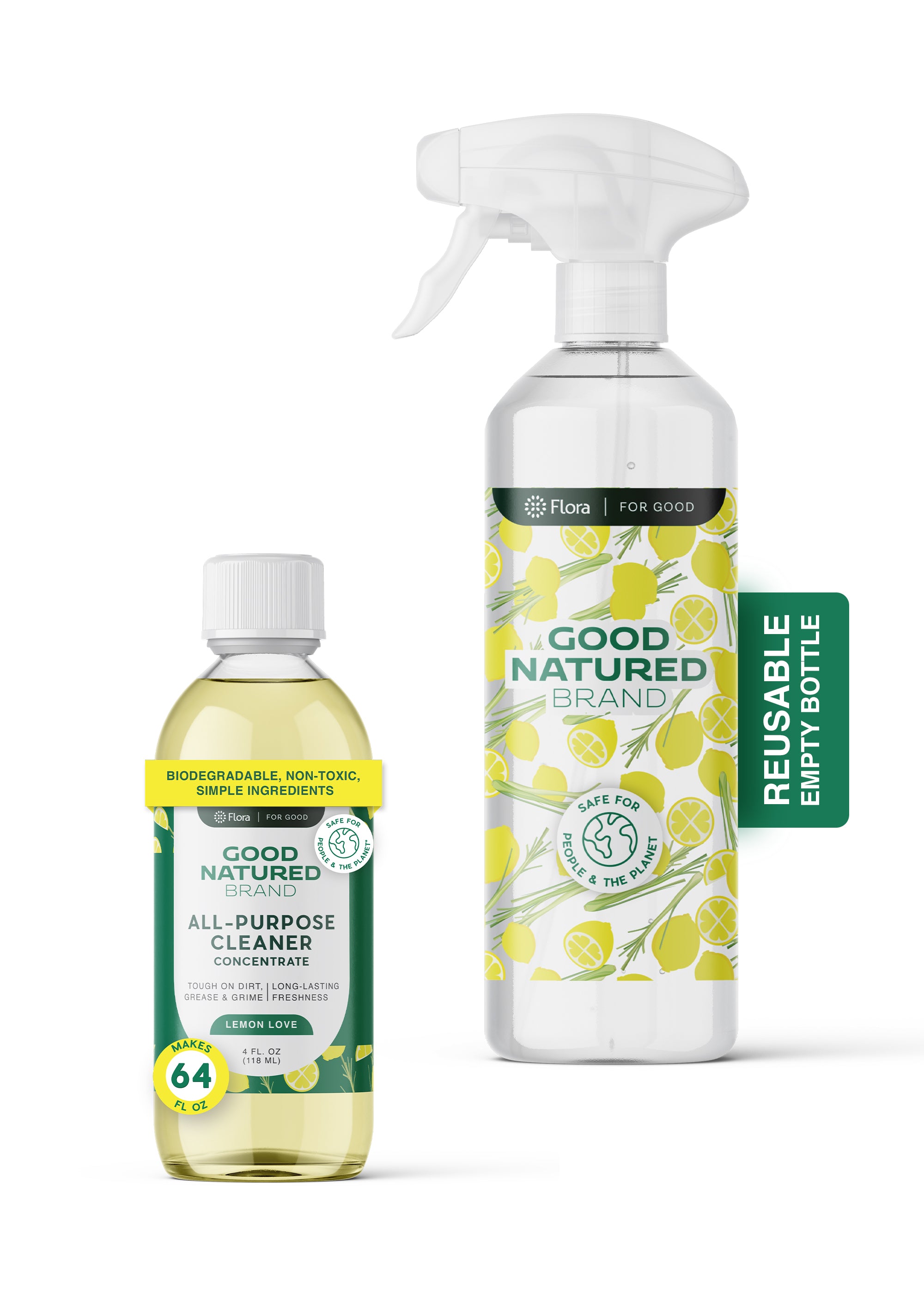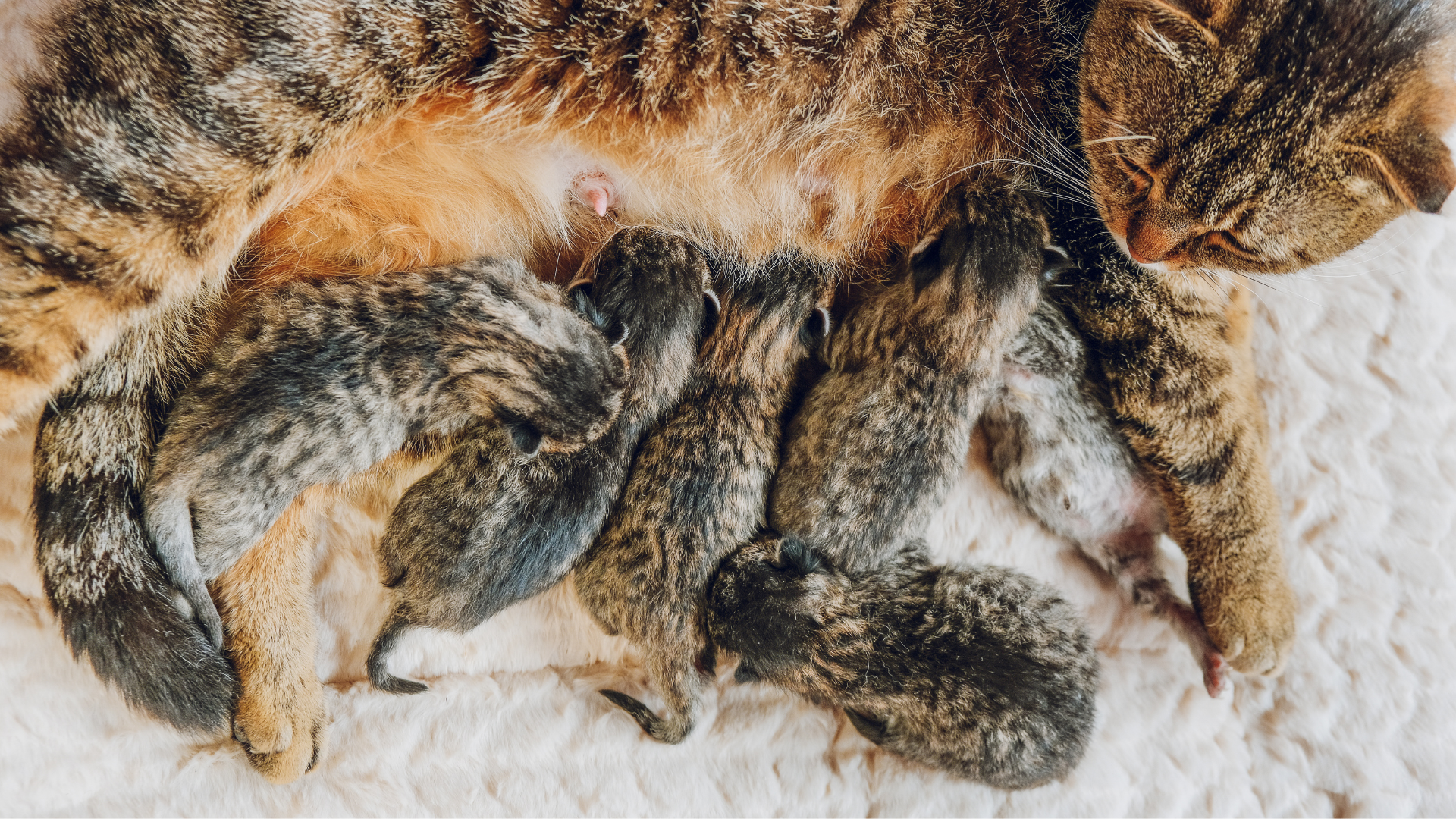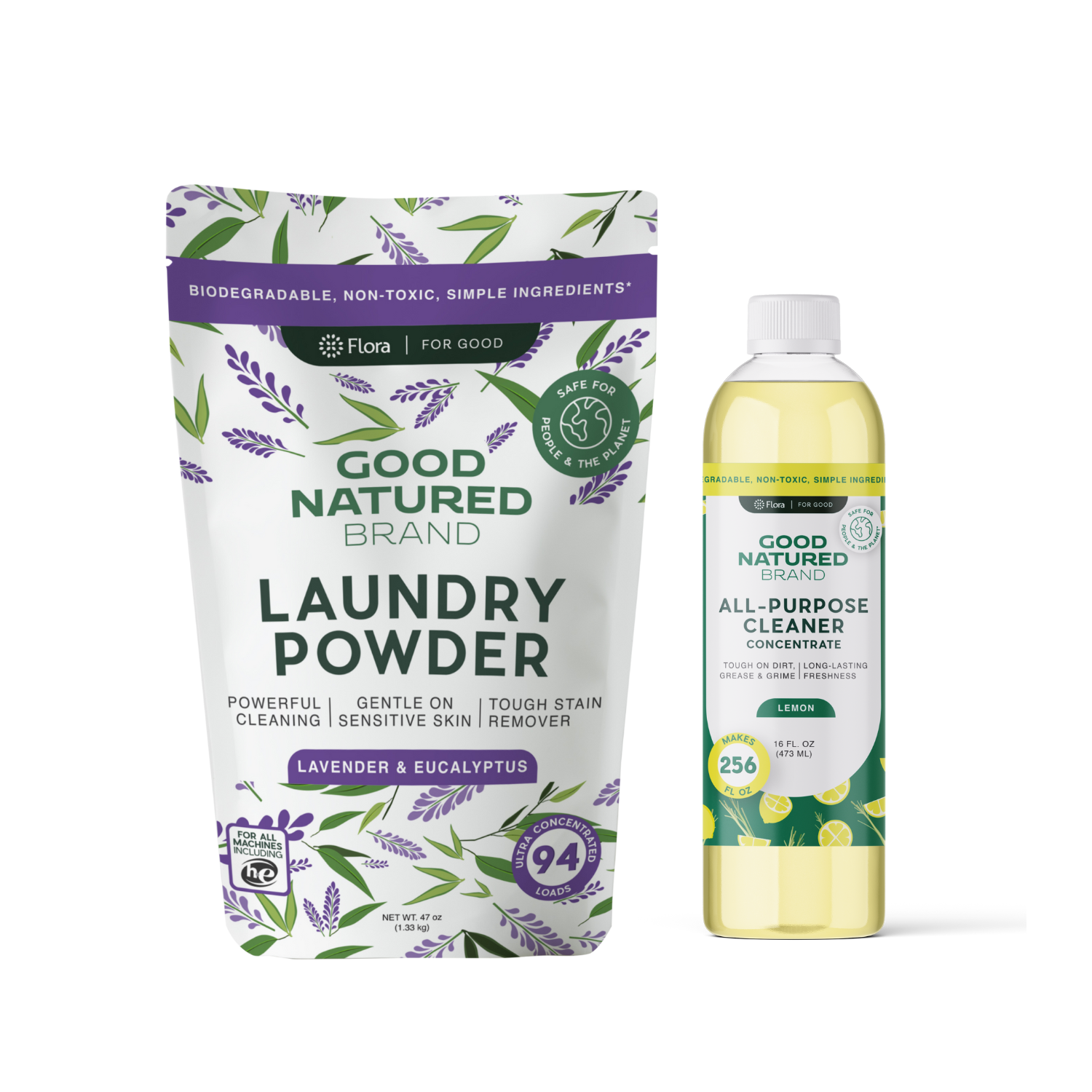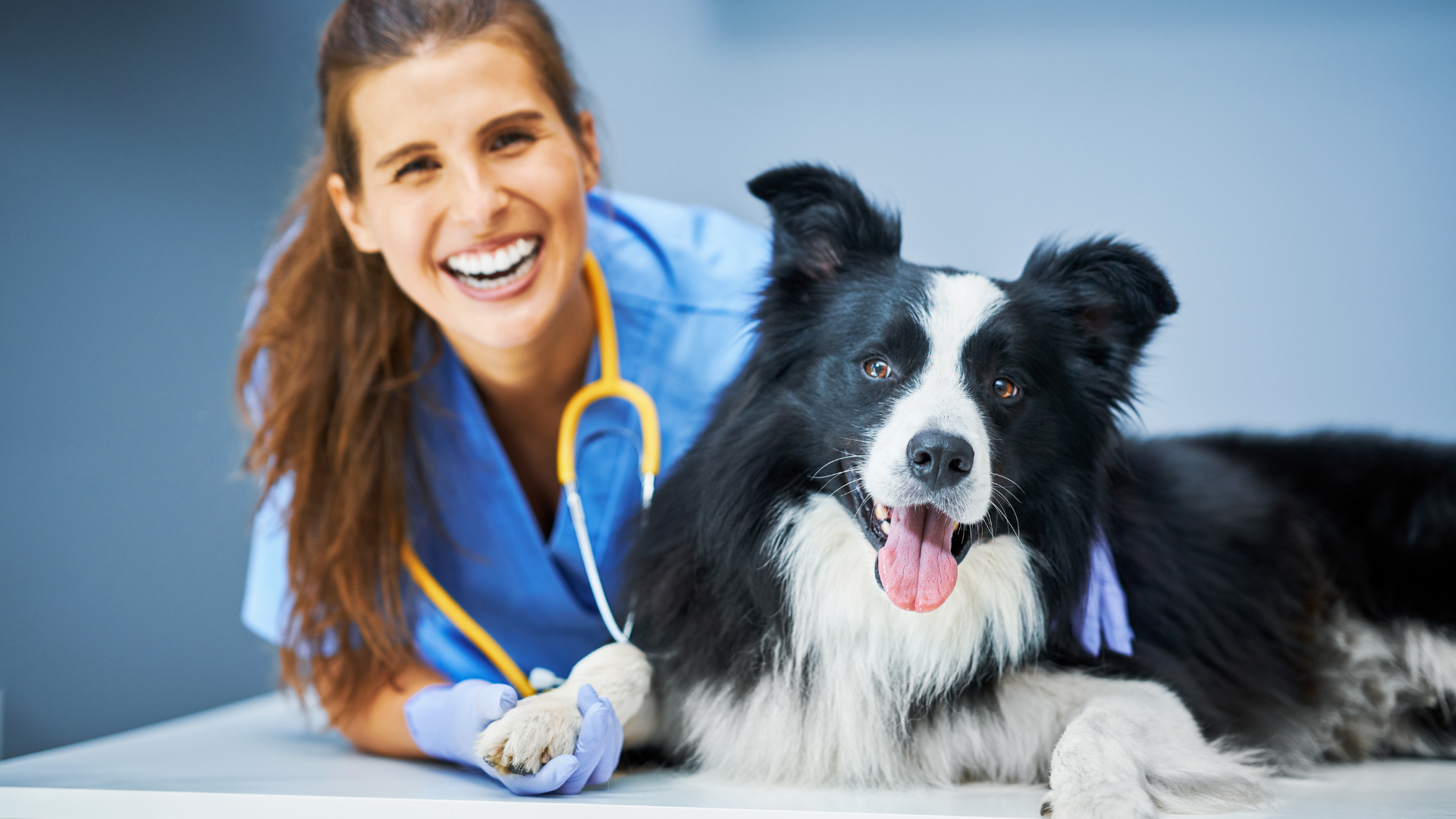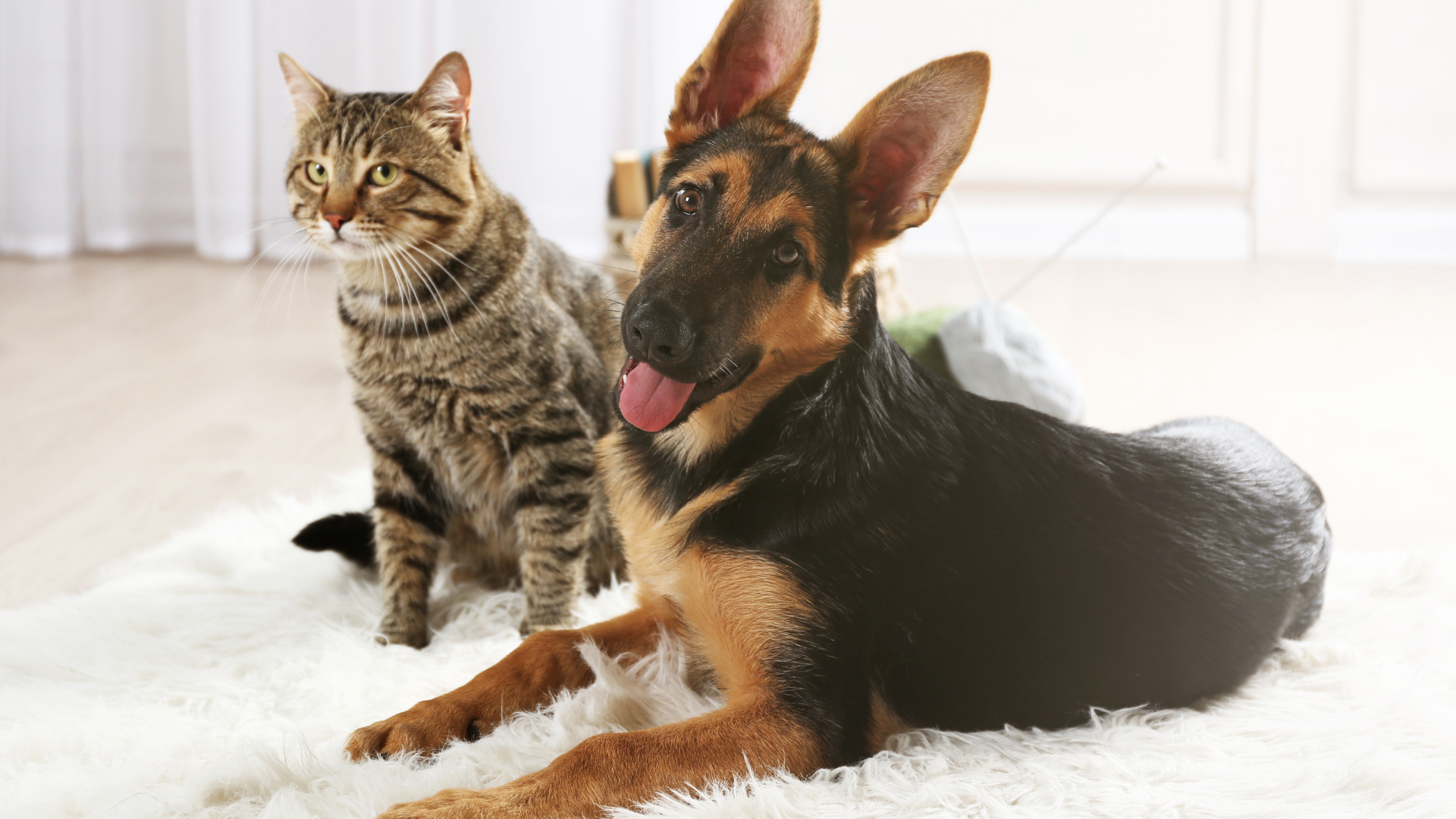How Long Is a Cat Pregnant?
As a cat owner, one of the most exciting (and sometimes nerve-wracking) experiences is learning that your cat is pregnant. Whether your feline friend is a cherished family member or a stray you’ve decided to care for, understanding the pregnancy process is vital for ensuring a healthy, stress-free experience for both the mother and her kittens. So, how long is a cat pregnant?
The typical pregnancy length for a cat is about 63 to 67 days, but several factors can affect this timeline, such as the cat’s age, breed, and health. As a responsible pet parent, you must be well-prepared for what’s ahead, from recognizing the signs of pregnancy to providing the proper care. This article will guide you through the key stages of cat pregnancy and how to ensure your cat is comfortable throughout the process.
For additional tips on caring for your pets, visit the Good Natured Brand Blog.
What Does Cat Pregnancy Involve?
Cat pregnancy, also known as feline gestation, is a natural yet sometimes challenging process. Like humans, cats experience various stages throughout their pregnancy, each with unique symptoms and needs. However, the pregnancy duration for cats is much shorter than human pregnancies, typically lasting two months.
During this time, your cat’s body undergoes numerous changes, both internal and external, to support the growing kittens. The pregnancy cycle can be broken down into three primary stages: early pregnancy, middle pregnancy, and late pregnancy. Each of these stages involves distinct physical and behavioral changes in your cat, which you’ll need to monitor closely to ensure everything is progressing as it should.
A key aspect of ensuring a smooth pregnancy is providing your cat with the right environment. This includes not only food and comfort but also maintaining a clean living space. If you need help keeping your home clean during your cat's pregnancy, consider using Good Natured Brand All-Purpose Cleaners, which are safe for pets and eco-friendly.
How Long Is a Cat Pregnant? The Average Duration
When it comes to answering the question, how long is a cat pregnant?, the average gestation period is about 63–67 days. While this is the typical range, a cat’s pregnancy can sometimes last slightly longer or shorter depending on various factors. The pregnancy will usually fall within this window, but the exact timing can vary.
Factors That Affect Pregnancy Duration
Several factors can influence the length of your cat’s pregnancy, including:
-
Breed: Some cat breeds tend to have slightly longer or shorter gestation periods. For instance, smaller breeds may give birth sooner, while larger breeds may take longer.
-
Age: Younger cats and older cats may have shorter or longer pregnancies, as their bodies may take more time to develop and support the growing kittens.
-
Health and Nutrition: A well-nourished, healthy cat may have a more predictable pregnancy. Poor health, undernutrition, or stress can impact pregnancy duration and the health of the kittens.
-
Number of Kittens: Cats that are carrying multiple kittens may give birth earlier than those carrying just one or two, although this isn’t always the case.
As your cat progresses through her pregnancy, regular vet checkups can help monitor the health of both the mother and the developing kittens. If you have any concerns about your cat’s pregnancy or timing, be sure to consult a veterinarian who can guide you through the process and offer personalized care advice.
How to Tell If a Cat Is Pregnant
Cats, like all animals, will exhibit several physical and behavioral signs when they’re pregnant. Understanding these changes will help you recognize pregnancy early and prepare for the birth of the kittens. Some common signs of pregnancy in cats include:
Early Signs of Pregnancy in Cats
-
Morning Sickness: Much like humans, some cats may experience morning sickness during the early stages of pregnancy. This could include vomiting or a lack of appetite.
-
Changes in Behavior: Pregnant cats may become more affectionate or, conversely, more aloof and reclusive. This shift in behavior is due to the hormonal changes occurring in the cat’s body.
-
Nesting Behavior: As the pregnancy progresses, many cats begin seeking out quiet, secluded areas to nest. This is their instinctual way of preparing for labor.
Physical Changes During Pregnancy
-
Weight Gain: One of the most obvious signs of pregnancy is weight gain. You may notice your cat’s belly enlarging and her overall body size increasing.
-
Swollen Belly: As the kittens develop, the belly will gradually expand. This is one of the most noticeable signs of a pregnant cat, especially in the later stages of pregnancy.
-
Increased Appetite: A pregnant cat will likely eat more than usual, as her body needs extra nutrients to support the growing kittens.
During this time, it’s important to provide your cat with the proper nutrition. Consult your vet about switching to a high-quality, kitten-formulated food to support the pregnancy. Proper care and nutrition will help ensure that the mother and her kittens remain healthy throughout the pregnancy.
Additionally, keeping your home environment clean is crucial. Pregnancy can sometimes bring about an increase in mess, from litter box accidents to spilled food. With Good Natured Brand Carpet Deodorizers, you can easily manage any odors that may arise, ensuring a comfortable living space for both you and your pregnant cat.
How to Care for a Pregnant Cat
Once you know your cat is pregnant, it’s important to take the proper steps to ensure she stays healthy and comfortable throughout her pregnancy. Pregnancy can be an exciting time, but it also requires attention to your cat's changing needs. Here are the essential care guidelines for a pregnant cat:
Proper Nutrition for a Pregnant Cat
Nutrition is one of the most important aspects of a healthy pregnancy. Pregnant cats require more calories and nutrients to support their growing kittens. You should provide her with a high-quality cat food designed for pregnant or nursing cats. These foods contain the proper balance of protein, fat, and essential vitamins and minerals that will support both the mother and her kittens during pregnancy.
-
Increased Caloric Intake: Pregnant cats need about 25-50% more calories than usual, especially in the final stages of pregnancy.
-
Hydration: Make sure your cat has access to fresh water at all times. Proper hydration is crucial for maintaining her health and the health of her developing kittens.
-
Frequent Meals: Offer your cat multiple small meals throughout the day. This is easier for her to digest and helps maintain consistent energy levels.
For additional tips on pet nutrition, explore the Good Natured Brand Blog for informative articles that guide you on feeding your pets the best products for their health.
Creating a Comfortable Environment for Your Pregnant Cat
As your cat progresses through her pregnancy, creating a calm and safe environment becomes even more important. Pregnant cats often seek out quiet, private spaces to rest. Consider setting up a designated area for her to relax, away from the hustle and bustle of the household.
-
Nesting Box: As your cat nears her due date, she may start searching for a place to give birth. You can help by preparing a nesting box with clean, soft bedding where she can feel secure.
-
Quiet and Calm Space: Make sure this area is away from loud noises and other pets, so she can have peace and quiet. If you’re cleaning or organizing, make sure the space remains undisturbed.
Since pregnancy can bring about an increase in messes, whether from spilled food or general wear and tear around the nesting area, it’s important to keep your home clean. Use Good Natured Brand All-Purpose Cleaners to maintain a pet-safe, non-toxic environment that is easy to clean.
When to Take Your Pregnant Cat to the Veterinarian
Throughout your cat’s pregnancy, regular veterinary visits are essential to ensure her health and the health of her kittens. A vet can monitor her progress, detect any complications, and provide advice on how to care for her during each stage of pregnancy.
-
Early Veterinary Visits: It’s best to take your cat to the vet as soon as you suspect she is pregnant. The vet can confirm the pregnancy and provide advice on how to care for her.
-
Routine Checkups: During the middle of the pregnancy, it’s a good idea to schedule a follow-up visit to ensure everything is progressing smoothly.
-
Emergency Situations: If your cat experiences any of the following symptoms, immediately contact your vet:
-
Excessive bleeding
-
Loss of appetite
-
Lethargy or weakness
-
Vomiting or diarrhea
-
Difficulty breathing
Your vet can also recommend the best type of food and supplements for your pregnant cat. If you need help with maintaining a clean environment during these visits, don’t forget about using Good Natured Brand Carpet Deodorizers to neutralize odors and keep your home fresh.
Preparing for Kittens: Setting Up the Nesting Area
As the time for labor approaches, your cat will begin looking for a quiet, private area to give birth. This is a natural nesting behavior, and as a pet owner, you can help by setting up a designated area that is safe and comfortable for her.
How to Set Up the Nesting Box
A nesting box is essential to ensure that your cat has a safe place to give birth and nurse her kittens. Here’s what you need to know:
-
Size: The box should be large enough for your cat to move around in, but small enough to create a cozy, confined space.
-
Bedding: Line the box with soft, clean towels or blankets. Avoid using anything that could unravel or get tangled with the kittens. Soft, absorbent material will help keep the kittens warm and comfortable.
-
Location: Place the nesting box in a quiet, low-traffic area. Make sure your cat feels secure and undisturbed as she prepares to give birth.
While your cat is giving birth, the area can get messy, so be sure to have a cleaning plan in place. Use Good Natured Brand All-Purpose Cleaners to safely clean up any messes while keeping the environment safe for the mother and her kittens. Also, keep towels on hand to clean any accidental spills.
Signs of Labor in Cats: How to Know When Your Cat Is Ready to Give Birth
As your cat nears the end of her pregnancy, it’s important to recognize the signs that she’s going into labor. Some common signs of labor in cats include:
-
Restlessness: Your cat may become more agitated or begin pacing around her nesting area.
-
Nesting Behavior: She may spend a lot of time in the nesting box, rearranging bedding and getting comfortable.
-
Loss of Appetite: Many cats lose their appetite just before labor begins.
-
Panting and Grooming: Your cat may start panting or grooming herself more frequently as she prepares for birth.
-
Visible Contractions: In the final stages, you may notice that your cat’s belly becomes tense as she experiences contractions.
As labor begins, your cat may give birth to her kittens in stages, with each kitten being born several minutes apart. After all the kittens are born, she will likely nurse them right away. It’s essential to remain calm and patient, as your cat will instinctively know what to do.
Post-Birth Cleanup and Care
Once the kittens have arrived, you’ll need to ensure that the mother and her new babies are taken care of. Keeping the area clean is essential for both the mother’s health and the kittens’ safety. The birthing area will need to be cleaned regularly, especially if there are any accidents.
-
Clean Bedding: Change the bedding in the nesting box every day, especially if it becomes soiled. This will keep the area hygienic and prevent any bacteria or infections from developing.
-
Monitoring the Mother: Keep a close eye on the mother to ensure she is nursing properly and that the kittens are feeding well. If you notice any signs of distress in the mother or her kittens, consult your vet immediately.
After cleaning up, you can maintain a fresh environment with the help of Good Natured Brand Carpet Deodorizers, which can help neutralize any lingering odors. You can also use Good Natured Brand Laundry Powders to safely wash any towels or bedding that may have been soiled.
Conclusion
As you can see, there are many aspects to consider when caring for a pregnant cat. From proper nutrition and creating a comfortable nesting area to recognizing the signs of labor and caring for the new kittens, every step is essential for ensuring a healthy pregnancy and smooth delivery. By being prepared and attentive to your cat’s needs, you can ensure that she has the best possible experience during this exciting time.
For more information on pet care, visit the Good Natured Brand Blog or explore our Main Page for eco-friendly, pet-safe cleaning products that help you keep your home clean while caring for your furry family members.










